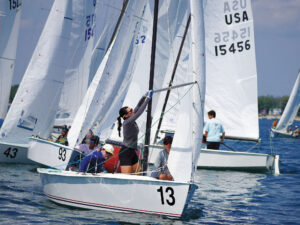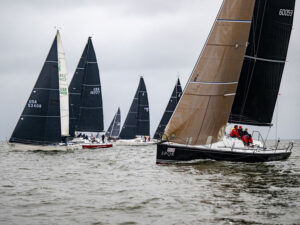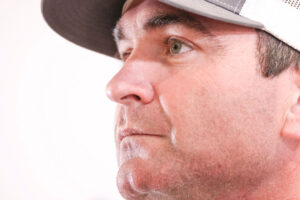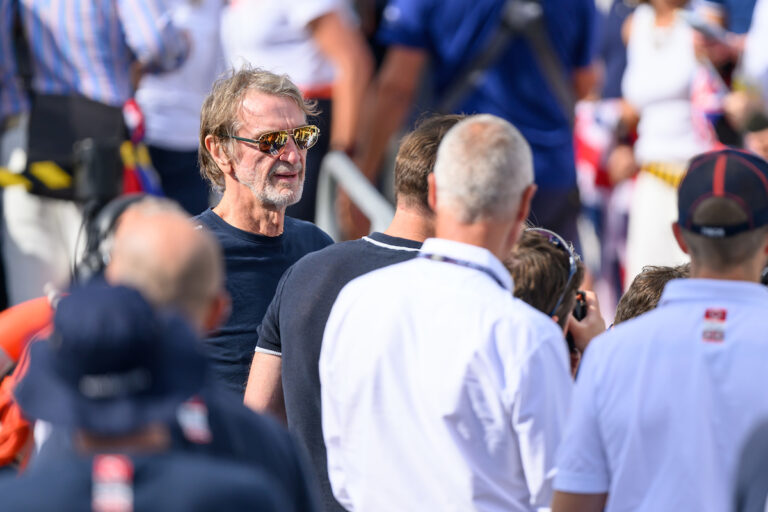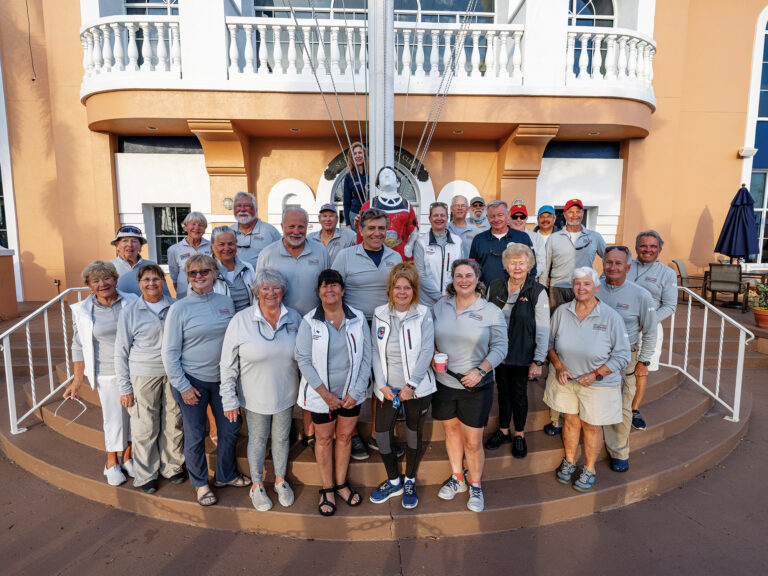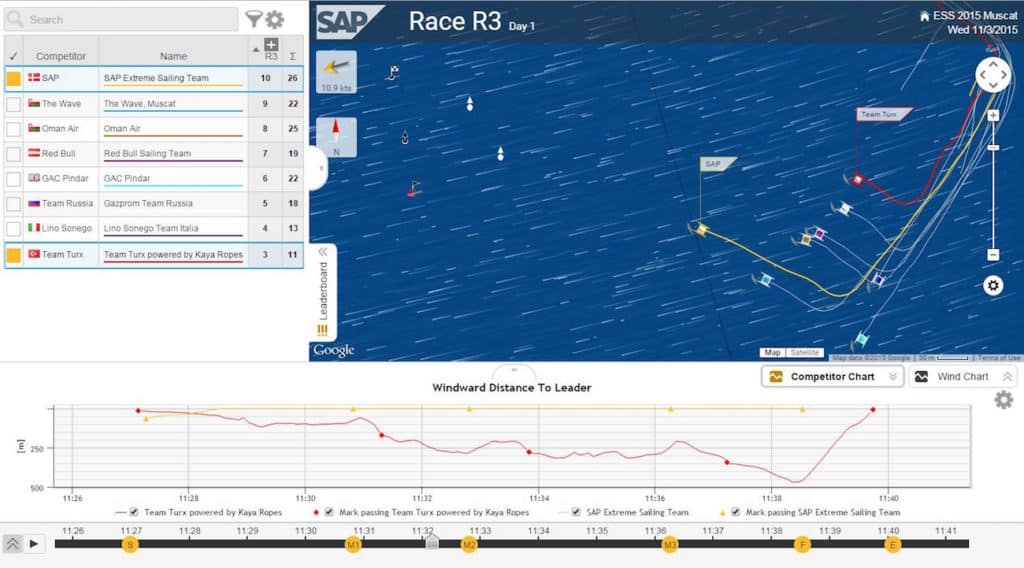
After a tough day on the water, sailors from Sailing Team Germany sit down with their coach. In elite sailing, it has been happening the same way for decades: debriefing the day, going over the highlights, the areas for improvement and analyzing the mistakes. Only now, due to Sailing Team Germany’s partnership with SAP, the coach pulls out an iPad. With a few finger taps, he’s pulled up a tide chart, alongside an onboard video of the team tacking around the windward mark, with the statistics about that single tack as it relates to the speed of their competition. It’s all data, and it’s all at their fingertips.
“We help sailors move away from gut feeling and give them real, quantitative decision making ability,” says Stefan Lacher, Head of Sponsorship Innovations & Global Sponsorships at SAP. “Sailors can now analyze their own performances as well as the strength and weaknesses of their competition. “
SAP, in collaboration with Sailing Team Germany, developed SAP Sailing Analytics, an online platform open to the public that tracks everything from tacks to tides. Sailing Team Germany has made use of the tools extensively, gleaning improvements from every race, and specifically for their training ahead of the Games.
A driving force behind the implementation of SAP Sailing Analytics was Sailing Team Germany’s performance at the London 2012 Olympic Games in which the team failed to medal. Following the implementation of the technology following the Games in 2012, the team has secured 32 gold medals and first place wins at a number of major international sailing events. SAP delivers real-time analytics around race rankings, speeds, maneuvers, bearings and more, helping to simplify and demystify the complex sport of sailing and providing German sailors with a competitive edge at races.
“These sailors can now analyze their best conditions, their best tacks, look at where they are now versus where they were,” says Lacher. “They can bring all the data together across many races, many regattas, and many conditions to really understand their strengths and weaknesses.“
Tide analysis was also a major part of the partnership with Sailing Team Germany. In preparation for Rio 2016, the SAP team began making several trips to Brazil starting in 2014 to capture data on tidal currents, wind patterns and more, to ensure that SAP Sailing Analytics incorporated Olympic course-specific data and insights.
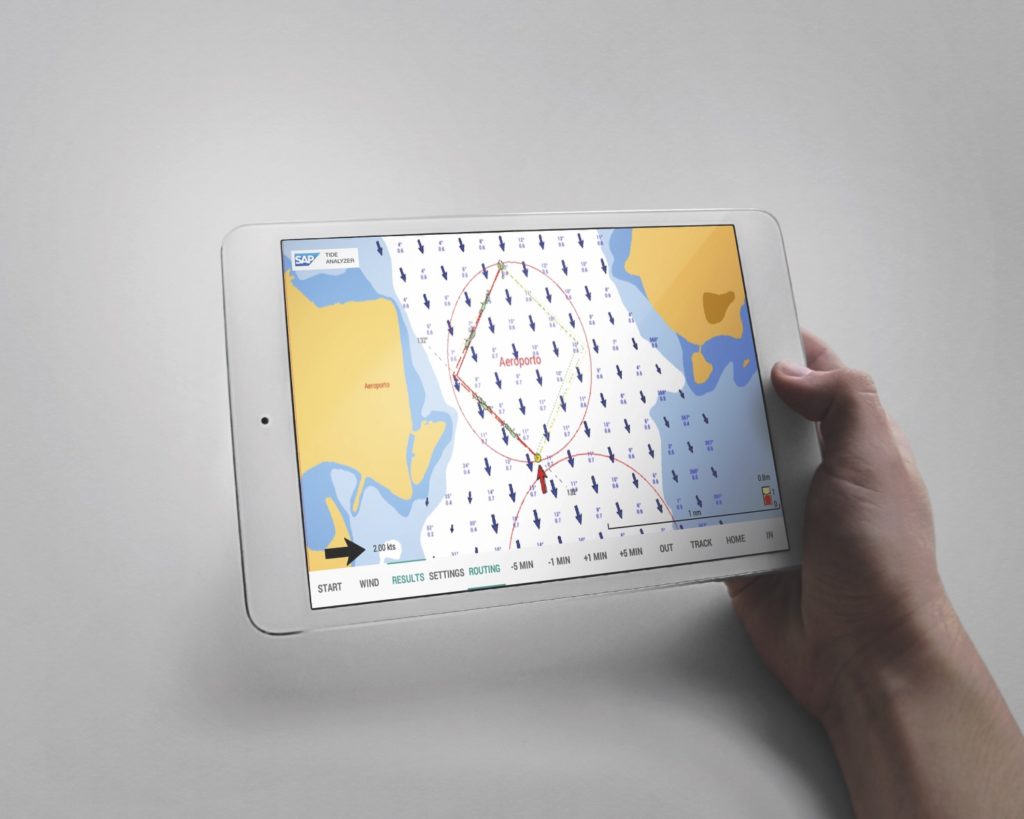
“We have spent significant time studying the courses in Rio by, basically, throwing stuff in the water with GPS trackers attached, and picking them back up later,” says Marcus Baur, Head of Research and Development at Sailing Team Germany. “We then take that data and compile it into a tide model. We have thrown more than 3,000 markers. We believe we now have a better grip on the tide issue in Rio and can map it accurately.”
Rio isn’t the only location that SAP has collected significant amounts of tide data. Their work paid off for Sailing Team Germany in 2014, at the SAP 505 World Championship in La Rochelle, France. “The model was so good that someone at the end of the regatta told us, had they followed all of the advice from the software exactly, he would have been world champion,” says Lacher. “The German team made use of the model there, and there hasn’t been a world championship before or after where that many German sailors were in the top ten.” [five of the top ten were German]
The technology has been in play outside of Sailing Team Germany’s training, as well, at many world championships, Sailing World Cup events, and in the Extreme Sailing Series. The analytics are entirely open to the public at SAPSailing.com, and give competitors, spectators, and even reporters the ability to more specifically understand the nuances of each race and data point SAP processes.
While Baur admits that there’s only so much data can do, and sailors still have to be able to make judgment calls based on the race they’re in, the data is a game changer for pre-regatta planning and post-regatta debriefs. “The data is not the whole game,” says Baur. “We believe we can at least solve one part of the puzzle, and solve it better than we did before. You can only over prepare, when it comes to sailing. “

